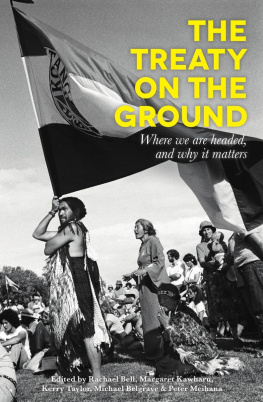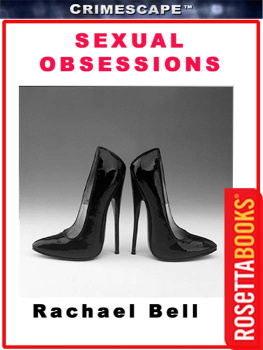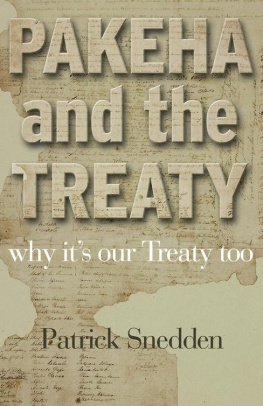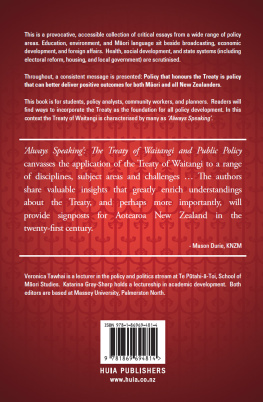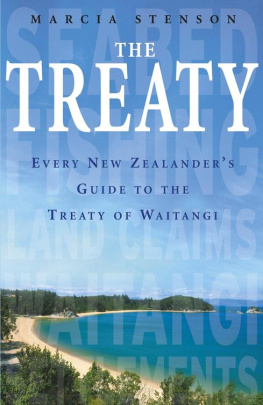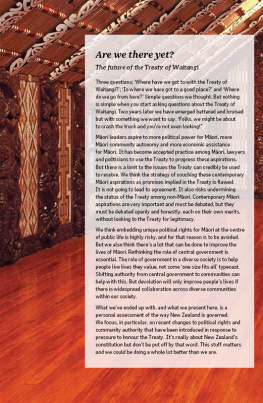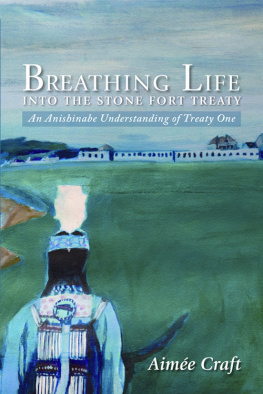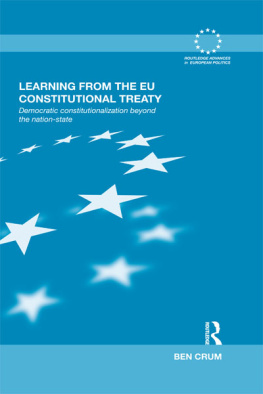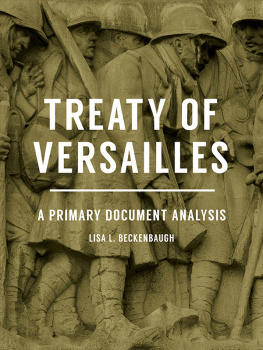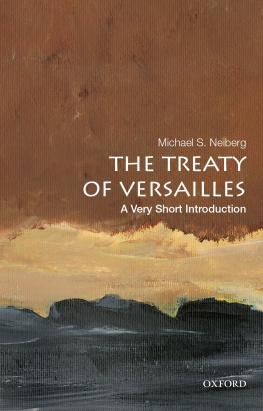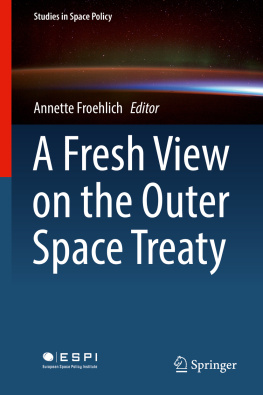Its 175 years since the signing of the Treaty of Waitangi. At times theyve been years of conflict and bitterness, but there have also been remarkable gains, and positive changes that have made New Zealand a distinct nation. This book takes stock of where weve been, where we are headed, and why it matters.
Written by some of the countrys leading scholars and experts in the field, it examines the impact of the Treaty on everything from resource management to school governance.
Its focus is the application of the Treaty from the viewpoint of practitioners the people who are walking and talking it in their jobs, communities or everyday lives and it vividly tracks the ups and downs of bringing the spirit and principles of the Treaty to fruition.
Kerry Taylor and Roy Clare
T his book is a welcome and, I think, important step in a journey. In simple terms, the journey is to find ways to enable the conversations surrounding, and prompted by, the Treaty of Waitangi to be meaningful and natural for all parties concerned. Equally, there is a need to turn conversation into action for mutual benefit.
At face value, this volume may seem a typical product of an academic process: hold a conference, produce a book job done! Hardly the sort of thing, some may say, to contribute to this important journey. Those of us involved in the Treaty on the Ground conference, held in 2016, and with this publication, do not see it this way.
The conference came about after several years of planning and dreaming. This was a process of sharing and learning from each other. Around the table were historians, museum curators and managers, even an anthropologist. Half of the group were women, and there was a roughly even number of Mori and Pkeh. Some were based in Auckland; others journeyed, or Skyped in, from Palmerston North for the meetings. Some were from Massey University, others from Auckland War Memorial Museum.
The diversity in the conference planning group was extended to the brief for who should speak. We wanted multiple voices with different views: academics, policy managers, educationalists, activists, museum people, young and old, regional and metropolitan, Mori and Pkeh. Some, but not all, of the diversity we sought was achieved in the event. Some, but not all, of those who spoke at the conference are represented in this book. This is why this volume is but another step in the journey, and why ongoing and more expansive dialogue is essential.
Many people refer to the Treaty in partnership terms. I am one such person, although this notion may be unpopular with those who see the Treaty as an historical relic with little or no relevance to the twenty-first century. Many partnerships are unequal, and in practice the Treaty partnership has frequently left the burden of action on Mori. If we are to make conversation around the Treaty an everyday and natural thing, then Pkeh, too, need to become more active in the dialogue as we reframe our culture with the Treaty as a central part, both for the present and the future.
That this is a challenging process is acknowledged by all who have sought to advance the conversation. That it is an important one is confirmed by the many perspectives and stories recounted in this book. The contributors are all to be congratulated for sharing often direct experiences, or the product of deep research. I feel enriched from having been a part of this process.
Treaty on the Ground, both the conference and this publication, is the outcome of a number of partnerships. Most importantly it comes from a rich and growing collaboration between Massey University, through the W. H. Oliver Humanities Research Academy, and Auckland Museum. That this relationship has deepened in the process of creating the conference and book has been one of many very positive outcomes from the experience.
Another partner has been Massey University Press and publisher Nicola Legat. Distinguished Professor Paul Spoonley, Pro Vice-Chancellor of the College of Humanities and Social Sciences, has also supported us in innumerable ways.
All of those involved in the conference and book process have my thanks and, I say without hesitation, admiration. I do, however, wish to single out two individuals who have worked above and beyond the call of duty in achieving our goals in both the event and book form of Treaty on the Ground. First, Margaret Kawharu, from whom I have learnt a great deal personally, and who also helped us ground our activity with a consciousness of Ngti Whtua o rkei we were, after all, operating in their backyard. And secondly, Massey lecturer Rachael Bell, who has driven the publication process with energy, charm and determination. Without Rachael, this book would not have seen the light of day.
Kerry Taylor
Director, W. H. Oliver Humanities Research Academy
Massey University
M te huatanga o mua
E arataki te huarahi
Hei haere whakamua.
By the lessons of the past
We are guided into the future.
A s New Zealanders, whether inter-generational or new arrivals, we each have a shared responsibility to educate ourselves about the Treaty of Waitangi and its histories, so that we can confidently contribute to its future narratives and fully participate in the progressive shaping of our Treaty nation.
Tmaki Paenga Hira Auckland War Memorial Museum has a legislative obligation to observe and encourage the spirit of partnership and goodwill envisaged by the Treaty of Waitangi. The case studies in the chapter The Treaty of Waitangi and Tmaki Paenga Hira Auckland War Memorial Museum provide examples of how we at the museum observe and encourage in practice. The chapter also highlights the potential for institutions such as museums to educate New Zealanders and international visitors about the Treaty, in both historical and contemporary contexts. Museums can help the exploration of multiple meanings, can reveal experiences of the Treaty settlement process, and can examine impacts across all frameworks cultural, social, environmental, economic, political at all levels, both close in and further afield.
Our partnerships with other research and learning institutions are instrumental to this, and we acknowledge our close and productive working relationship with Massey University. Together we have much to contribute to the dialogue and response.
On behalf of Auckland Museum, I invite you, Mori and Pkek, New Zealander and global citizen, to read this book by well-respected authors, many of whom participated in the discussions at the conference. They explore a rich variety of perspectives and case studies. The shared expertise and the insightful analyses are beacons for further reflection for all of us.
Ng mihi nui ki a koutou katoa.
Roy Clare
Director, Tmaki Paenga Hira Auckland War Memorial Museum
Rachael Bell, School of Humanities, Massey University
I n 1940, as Phek New Zealand set out to celebrate the 100th anniversary of the Treaty of Waitangi or more particularly, perhaps, a century of formal British settlement Sir pirana Ngata famously described the misgivings of those on the other side of the settlement coin: I dont know of any year that the Mori people approached with so much misgiving as the New Zealand centennial year. In retrospect, what did the Mori see lands gone, the powers of the chiefs humbled in the dust, Mori culture scattered, broken What remains of all the fine things said then?

